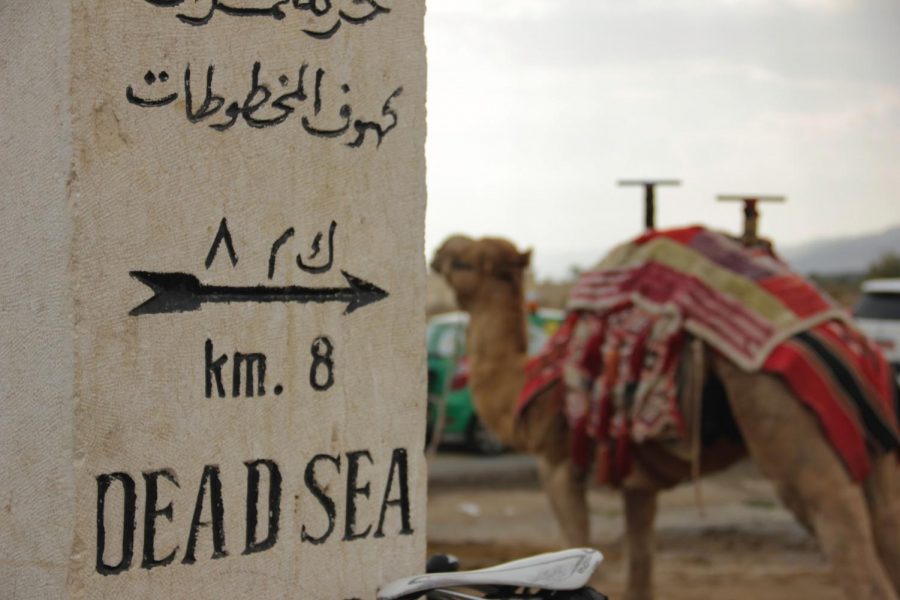Arabic: A Journey
“Shino?” my grandma asked, confusion written all over her face.
I tried again. “Endi madr… madr…” I couldn’t finish the sentence. It was all wrong, and I knew it. Tears welled up in my eyes. I sighed in defeat.
“I have school tomorrow, so I have to leave early.”
This was something I should have been able to say; I couldn’t even communicate properly with my own grandmother. Could I claim to be Arab? Though an insignificant sentence, these were the thoughts that swirled in my head as I tried again to speak Arabic.
Being born and raised in America surrounded by English, there wasn’t much incentive to learn Arabic. My parents immigrated here long before I was born, so speaking English at home became the norm.
However, I felt something was missing. I didn’t have a clear grasp of my culture, I couldn’t understand the Quran, and I was perpetually nervous around Arabs in case they asked me a question that left me dumbfounded.
I eventually had enough disheartening moments like the one with my grandmother. About three years ago, I decided to do something about it.
I began taking lessons after school to learn basic vocabulary and grammar. Soon, I could read children’s books and understand half-sentences in movies. I pestered my mom with questions about correct tenses, or “what was the word for ‘government’, again?” Or “what’s the difference between pigeon and bathroom?” (They sound almost exactly the same in Arabic).
Arabic started infiltrating other aspects of my life; I narrated my actions to myself in Arabic, as if telling a story. I had fake conversations and arguments while in the shower. Slowly, my confidence grew.
My studies allowed me to learn nuances, sayings, and the Turkish and Farsi influences in Iraqi Arabic — where my family is from — that other dialects don’t share.
For example, when Iraqis ask shlonik? meaning “how are you?”, they are literally asking “what color are you?” A playful response is fuchsia to mean happy, or orange to mean just okay. Why these colors became associated with those feelings is beyond me, but they were great conversation starters with my family.
Three years after I originally started, I still mix up dialects, or use the wrong tense, which incites chuckles from native speakers — but I’m no longer nervous about it.
While I still want to be able to speak about politics and literature in Arabic, I don’t mind that it won’t happen overnight. I’ve started to appreciate the journey.
Arabic opened the door for me to connect with my second culture and most importantly, speak to my grandmother in her native tongue, leading to more understanding and love between us, which is an immeasurable benefit.
Now our conversations are, “Grandma, what was life like in Beirut?” She smiles, and I settle in for a long conversation.


